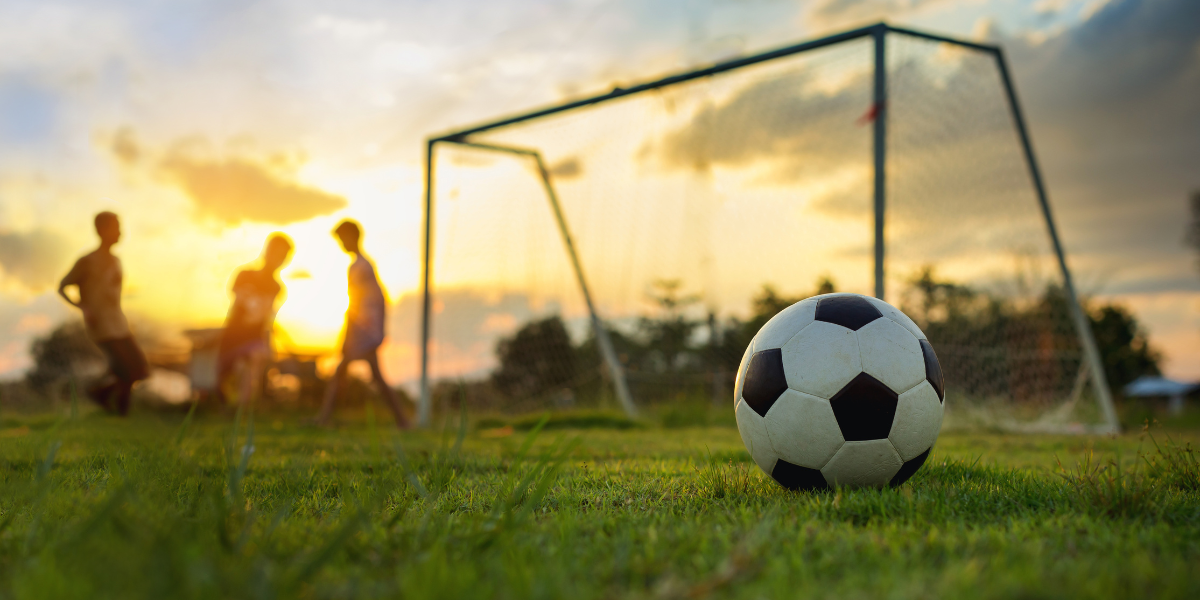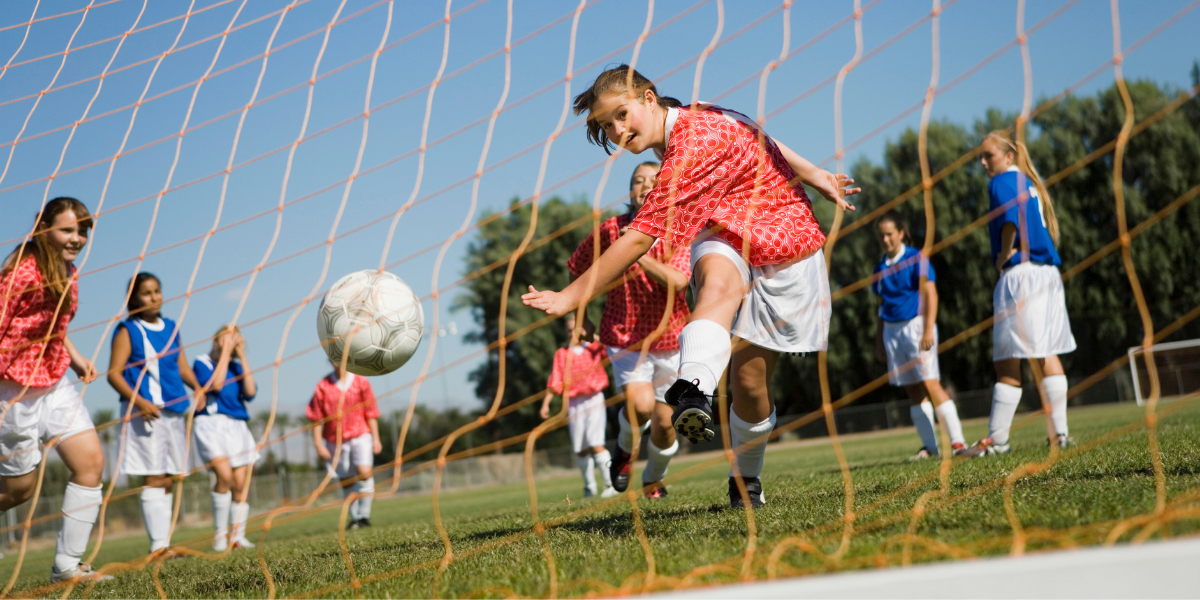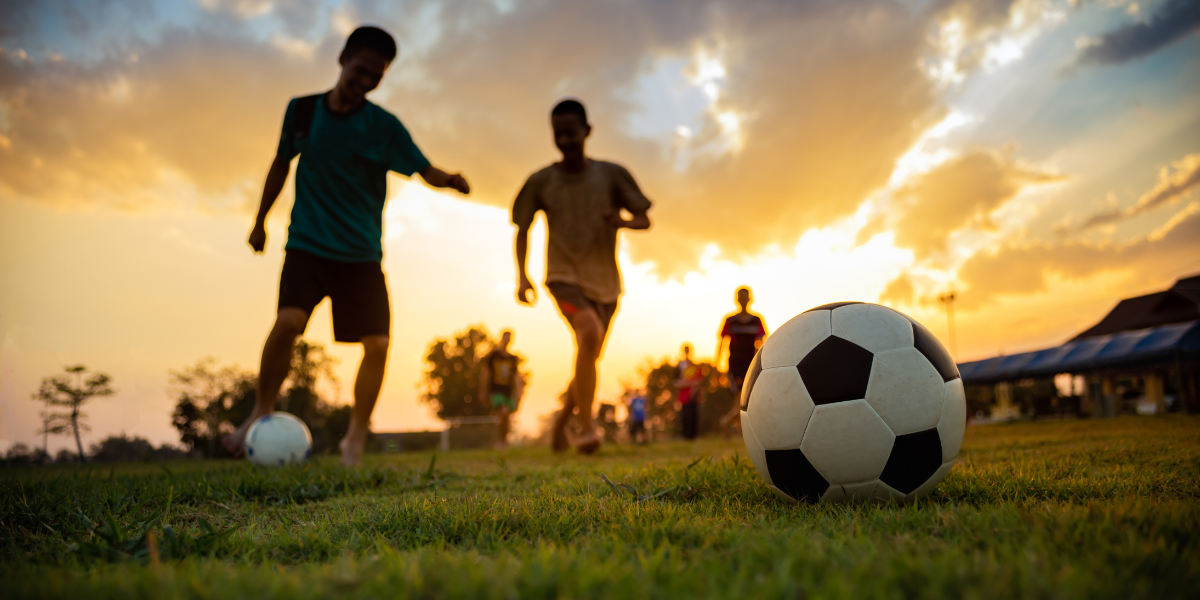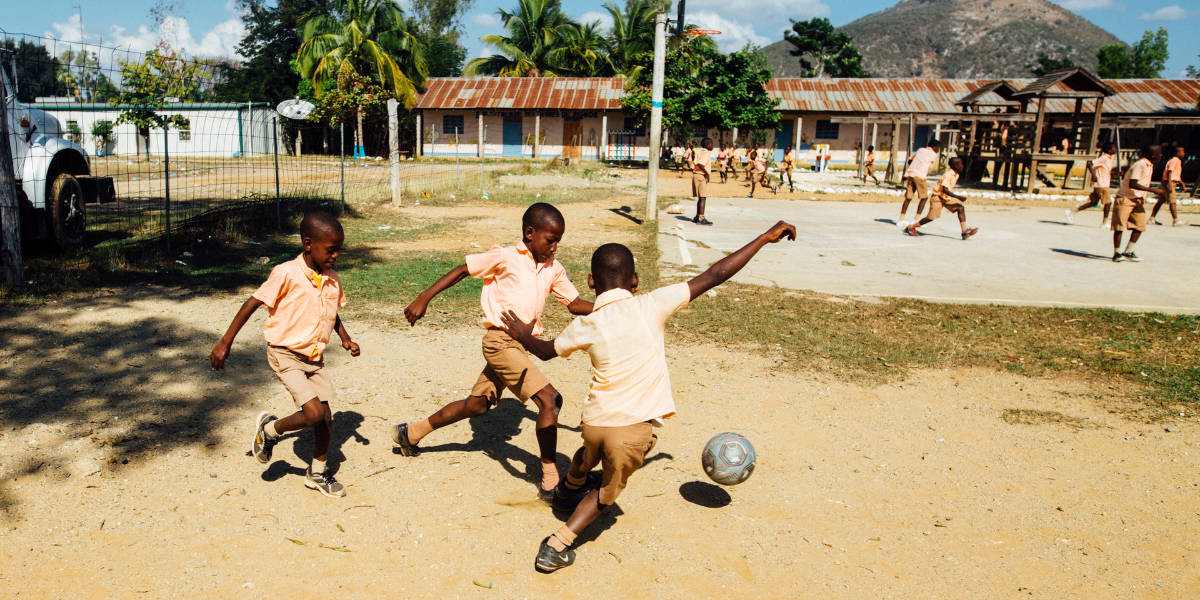
From Soccer Fields to Life Lessons
Your kid probably kicks a soccer ball around the backyard or cheers for their favourite team during the World Cup. Maybe they dream about making it to the Olympics someday. These big sports events are perfect moments to start conversations about fairness – conversations that matter more than you might think.
Here’s the thing: while we’re watching amazing athletes compete, there’s a whole other story happening behind the scenes. And honestly? It’s a story your child should know about.
Turn Math Homework Into Eye-Opening Moments
Remember how your child always asks when they’ll use math in real life? Well, here’s your answer.
The World Cup and Olympics employ thousands of people – from the architects designing stadiums to the people cleaning them afterward. But the pay gaps are staggering. I’m talking about architects earning $2,000 a week while cleaners make $200 for the same hours.
Teaching Ideas has a brilliant suggestion: turn this into a guessing game. Ask your child to list jobs they think exist at these events. Then have them guess who earns what. Their shocked faces when you reveal the real numbers? That’s the moment learning happens.
Make it hands-on with a card matching game. Jobs on one set of cards, wages on another. Watch your child arrange them from lowest to highest pay. Then ask the question that changes everything: “Do you think this is fair?”
When you teach kids about inequality this way, math becomes meaningful. Your child starts connecting those number problems with real people’s lives – people who work just as hard but earn completely different amounts.
Geography That Means Something
Remember learning about countries by memorizing capitals? This is different. This is geography with heart.
Sports events often push families out of their homes to build stadiums. Governments spend millions on temporary venues while schools crumble and hospitals lack supplies. Brazil’s recent World Cups and Olympics are perfect examples – entire communities displaced so tourists could watch games for two weeks.
Oxfam created lesson plans about these issues that are honestly better than most textbooks. They show how sports spending affects real families – kids who had to switch schools, parents who lost their small businesses, grandparents who lost community centers where they’d gathered for decades.
Pull out a map with your child. Show them where these events happen. Then tell them about the families who used to live where those shiny stadiums now stand. Your child will never look at sports venues the same way.
The Team Refugee stories from recent Olympics hit differently too. These athletes compete without flags because they had to flee their homes. Their presence at the games tells a story about inequality that goes far beyond sports.
The Uncomfortable Truth About “The Best” Athletes
Your child probably thinks Olympic champions are simply the most talented people in the world. But here’s what they don’t see: success often depends on where you’re born and how much money your family has.
Ask your child this: What if their hockey team practiced with broken sticks while the team across town got brand new equipment every month? What if some kids could afford private coaching three times a week while others got one group lesson? Who would likely make the all-star team?
That’s exactly what happens on a global scale. Countries with better sports programs produce more champions – not because their people are naturally superior athletes, but because opportunity isn’t equal.
When you teach kids about inequality in sports opportunities, you’re teaching them that the playing field was never level to begin with. Some of the world’s most talented athletes never get discovered because they can’t afford equipment, coaching, or even basic nutrition.
This pressure creates other problems too. Some athletes turn to performance-enhancing drugs because they feel like everyone else has advantages they don’t. When the system isn’t fair, people look for ways to even the odds.

The Pay Gap Your Daughter Needs to Know About
Your daughter might love watching women’s soccer or gymnastics. She should also know that female athletes often earn a fraction of what male athletes make for the same work.
Canadian women’s soccer players have been vocal about this. They win medals, draw crowds, inspire kids – yet their paychecks tell a different story.
Try this with your child: spend a week counting men’s versus women’s games on TV. Check sports websites to see which athletes get featured most. The pattern becomes obvious pretty quickly.
This isn’t about making your child feel bad about enjoying sports. It’s about helping them recognize unfairness so they can be part of changing it. When you teach kids about inequality in sports pay, you’re raising someone who’ll notice these patterns everywhere – and maybe do something about them.
Watching Sports With New Eyes
You don’t need to stop enjoying games or feel guilty about cheering for your team. But you can help your child think beyond the scoreboard.
Before the next big game, ask: Who built this stadium? Who’s cleaning the bathrooms right now? Who grew the food being sold in the concession stands? How much do you think they earn compared to the athletes we’re watching?
These questions don’t ruin the fun – they add depth to it. Your child can still get excited about amazing plays while understanding the bigger picture of how these events happen.
Some of my favorite conversations with kids start this way. They’ll surprise you with their insights about fairness and their ideas for making things better.

Why This Actually Matters
Sports give you concrete examples to teach kids about inequality without lecturing them about abstract social concepts. When children see unfairness in contexts they understand and care about, they develop critical thinking skills that serve them everywhere.
These conversations prepare your child to notice patterns in their own world too. They’ll start seeing inequality at school, in their community, in the news. Teaching fairness through sports creates a foundation for understanding bigger issues as they grow up.
The goal isn’t to make your child cynical about sports or feel guilty about enjoying them. It’s to raise someone who cares about fairness for everyone – someone who’ll notice when things aren’t right and maybe even do something about it.
And honestly? In a world that could use more people who care about others, that’s exactly the kind of person we need your child to become.
Need help making learning meaningful for your child? School is Easy tutors specialize in turning complex topics into age-appropriate lessons that stick. Contact us today to discover how we can help your child develop critical thinking skills through personalized learning approaches.






